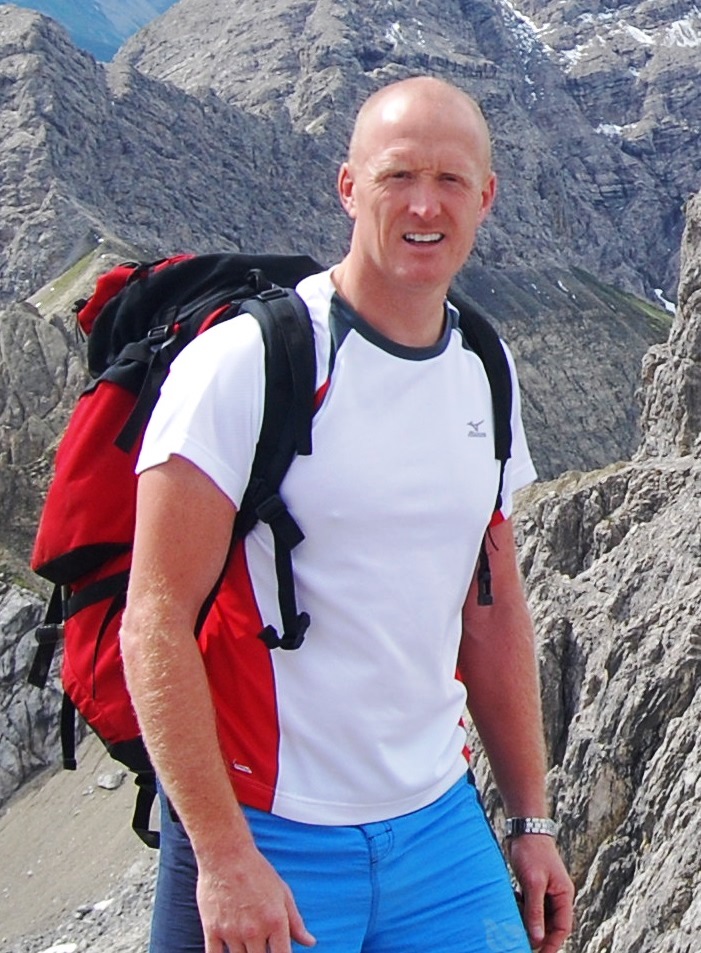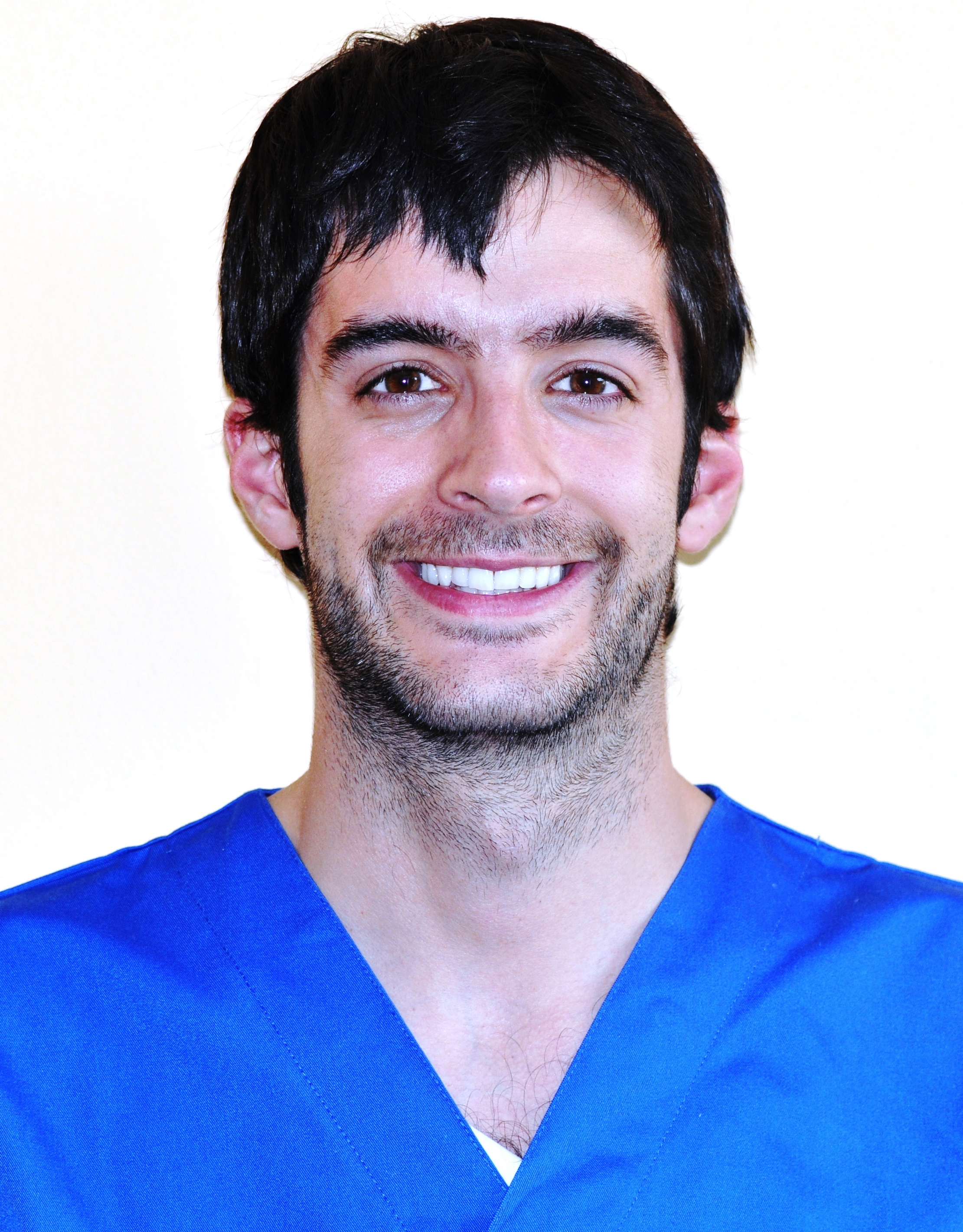
![CropperCapture[20]](https://www.ashforddental.co.uk/blog/wp-content/uploads/2013/03/CropperCapture20.jpg)
![CropperCapture[21]](https://www.ashforddental.co.uk/blog/wp-content/uploads/2013/03/CropperCapture21.jpg)
![CropperCapture[26]](https://www.ashforddental.co.uk/blog/wp-content/uploads/2013/03/CropperCapture26.jpg)
![CropperCapture[31]](https://www.ashforddental.co.uk/blog/wp-content/uploads/2013/03/CropperCapture31.jpg)
![CropperCapture[45]](https://www.ashforddental.co.uk/blog/wp-content/uploads/2013/03/CropperCapture45.jpg)
Children denistry
Our youngest patients come in to look over our gadgets and play with the chair (to them it’s a space ship) at two and a half years of age. By the time they’re three they thoroughly enjoy coming to visit us; there are not many places where they have so much fun and receive so much attention. And at the same time we check their teeth! Prevention is always better then cure; fluoride, and the fissure sealants we now use, ensure that fillings are almost never needed. But if they are, tiny white fillings set by magic lights are a fascinating experience.
Children’s teethWhen should I take my child to the dentist?
It is recommended that children should go to the dentist with their parents as soon as possible. You should then take them regularly, as often as your dentist recommends. This will let them get used to the noises, smells and surroundings and prepare them for future visits. The earlier these visits begin, the more relaxed the children will be.
When will my child’s teeth come through?
First or ‘baby’ teeth have usually developed before your child is born and will start to come through at around 6 months. All 20 baby teeth should be through by the age of 2. (refer to Mother and Baby leaflet.)
The first permanent ‘adult’ molars (back teeth) will appear at about 6 years of age, behind the baby teeth and before the first teeth start to fall out at about 6 to 7. The permanent ‘adult’ teeth will then replace the ‘baby’ teeth. It is usually the lower front teeth that are lost first, followed by the upper front teeth shortly after. All permanent teeth should be in place by the age of 13, except the wisdom teeth. These may erupt any time between 18 and 25 years of age.
All children are different and develop at different rates.
How should I clean my child’s teeth?
Cleaning your child’s teeth should be part of their daily hygiene routine:
You may find it easier to stand or sit behind your child, cradling their chin in your hand so you can reach their top and bottom teeth more easily.
When the first teeth start to come through, try using a children’s toothbrush with a small smear of toothpaste.
It is important to supervise your child’s brushing until they are at least seven.
Once all the teeth have come through, use a small-headed soft toothbrush in small circular movements and try to concentrate on one section at a time.
Don’t forget to brush gently behind the teeth and onto the gums.
If possible make tooth brushing a routine, preferably in the morning, and last thing before your child goes to bed.
Remember to encourage your child, as praise will often get results!
Should I use fluoride toothpaste?
Fluoride comes from a number of different sources including toothpaste, specific fluoride applications and perhaps the drinking water in your area. These can all help to prevent tooth decay. If you are unsure about using fluoride toothpaste ask your dentist, health visitor or health authority. All children up to 3 years old, should use a toothpaste with a fluoride level of at least 1000ppm (parts per million). After three years old, they should use a toothpaste that contains 1350ppm-1500ppm. You can check the level of fluoride on the packaging of the toothpaste. Children should be supervised up to the age of 7, and you should make sure that they spit out the toothpaste and don?t swallow any if possible.
What sort of brush should children use?
There are many different types of children’s toothbrushes available, including brightly coloured brushes, some of which change colour, those with favourite characters on the handles, and some with timers. These all encourage children to brush their teeth. The most important point is to use a small-headed toothbrush with soft, nylon bristles, suitable for the age of your child.
If in doubt, look for the British Dental Health Foundation symbol on toothbrush and toothpaste packaging. This logo means that the product claims made on the pack are supported by scientific testing.
What could cause my child to have toothache?
Toothache is painful and upsetting, especially in children, and the main cause is still tooth decay. This is due to too much sugar or acid, too often, in the diet.
Teething is another problem which starts at around 6 months and can continue as all the adult teeth start to come through. If your child needs pain relief, make sure you choose a sugar-free medicine and also remember to check with the doctor or pharmacist that you are being prescribed sugar-free medicines at all times. If the pain continues then contact your dentist for an appointment.
How can I prevent tooth decay in my child?
The main cause of tooth decay is not the amount of sugar or acid in the diet, but how often it is eaten or drunk. The more often your child has sugary or acidic foods or drinks, the more likely they are to have decay. It is therefore important to keep sugary and acidic foods to mealtimes only. If you want to give your child a snack, try to stick to cheese, vegetables and fruit. Try to limit dried fruit as it is high in sugar and can stick to the teeth.
It is also worth remembering that some processed baby foods contain quite a lot of sugar. Try checking the list of ingredients: the higher up the list sugar is, the more there is in the product. Sometimes, these are shown as fructose, glucose, lactose or sucrose. Thorough brushing for two minutes, twice a day, particularly last thing at night, will help to prevent tooth decay.
What if my child is very nervous about going to the dentist?
Children can sense fear in their parents, so it is important not to let your child feel that a visit to the dentist is something to be worried about. Try to be supportive if your child needs to have any dental treatment. If you have any fears of your own about going to the dentist, don’t discuss them in front of your child.
Regular visits to the dentist are essential in helping your child to get used to the surroundings and what goes on there. A child can be much more anxious if it is their first visit to a dental practice. Pain and distress can happen at any time and it is important to prepare your child with regular visits.




![CropperCapture[20]](https://www.ashforddental.co.uk/blog/wp-content/uploads/2013/03/CropperCapture20.jpg)
![CropperCapture[21]](https://www.ashforddental.co.uk/blog/wp-content/uploads/2013/03/CropperCapture21.jpg)
![CropperCapture[26]](https://www.ashforddental.co.uk/blog/wp-content/uploads/2013/03/CropperCapture26.jpg)
![CropperCapture[31]](https://www.ashforddental.co.uk/blog/wp-content/uploads/2013/03/CropperCapture31.jpg)
![CropperCapture[45]](https://www.ashforddental.co.uk/blog/wp-content/uploads/2013/03/CropperCapture45.jpg)


